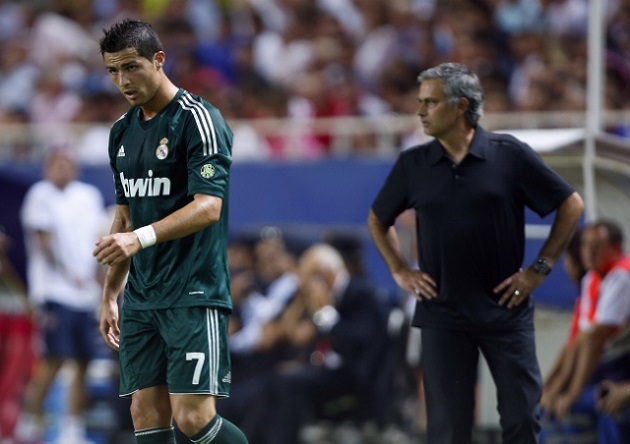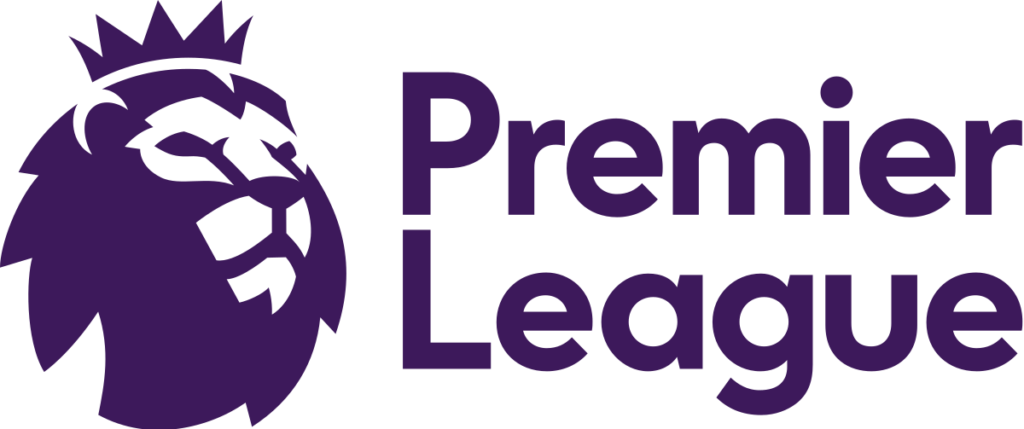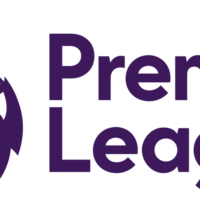Perhaps you read Italian manager Fabio Capello’s comments about Jose Mourinho this week? Questioned about Chelsea’s massive struggles so far this season, Capello remarked that, “Mou is a great coach but, after a year and a half, he ruins his players. His lads are also psychologically unable to give him what he wants. His cycles tend to last around this period of time.”
And perhaps you read Mourinho’s response?
I think a coach with his story in the game is better talking about football without commenting on the work of his colleagues. I could have commented on his job as coach of England, or of his work with Russia, but I never did. Because I prefer to respect the negative moments of my colleagues. I prefer to talk more of Fabio Capello in the many beautiful moments of his career, those that were full of extraordinary success.
Classic Jose. You see what he did there? He claims he prefers to talk about Capello’s “many beautiful moments”, but what does he specifically reference? Capello’s “negative moments” as England and Russia’s manager. We’ve learned this lesson around 341,852 times now: Do not get into a verbal sparring match with The Special One. You just don’t win those.
When a contentious and successful manager starts to falter, you can expect his enemies (rival managers, journalists) to circle with their knives drawn. However, does Capello have a point here? Many in the media are telling us Mourinho’s time at Chelsea is ending, no matter what he says about wanting to hang around for a decade at Stamford Bridge. He’s never stayed anywhere longer than three seasons, and oh look, his club is struggling in his third year again. Everyone thinks he’s gone.
I have no idea what Mourinho’s plan is for his future at Chelsea. I don’t even think he knows. However, I am interested in Capello’s original claim: Does Mourinho “ruin” his players after a year and a half?
We’ve heard this criticism, or a variation of it, lobbed at Mourinho before. In the NBA, it’s been said about current Orlando Magic coach Scott Skiles, and in the NHL, about Mike Keenan. Michigan football coach Jim Harbaugh has undoubtedly heard this as well. To analyze whether it’s true of Mourinho, we’ll have to rewind to the start of his career and see if his teams start to grind down around his second or third season in charge.
Certainly the fact that he’s never had an extended stay anywhere doesn’t work in his favor, but a few times this was because a bigger club came calling. That was the case with Porto, where he won the Portuguese league back-to-back and tacked on an improbable Champions League title in 2004. Soon after, Chelsea mega-owner Roman Abramovich showed up at his door with bags of money in hand. Porto’s players were clearly not worn out from Mourinho’s style, he just moved on to “greener” pastures.
At Chelsea, Mourinho’s squad soared through two straight seasons, snatching back-to-back Premier League titles, meaning Jose himself had won four in a row. In his third year, the Blues couldn’t beat out Manchester United’s Ronaldo-Rooney powerhouse, so Mourinho had to settle for second. To make matters worse, Chelsea had failed to reach the Champions League final in Mourinho’s third try with the club.
When disappointing results (a loss to Aston Villa, a home draw to Blackburn) marred Chelsea’s early 2007-08 campaign, Mourinho made his shock exit from London. Their form had dipped a bit since he arrived in 2004, so it’s plausible that his sensibilities had begun to grind on the players. However, reportedly the main reason he bolted was due to his rift with Abramovich over Avram Grant’s appointment as Director of Football. Mourinho didn’t like the direction the club was taking and Abramovich promoted his friend Grant as manager when Jose walked out.
About nine months later, Mourinho was introduced as Inter Milan’s new head coach. The next two years he encountered wild success in Italy, winning the Serie A title both seasons. Of course, Inter’s 2009-10 campaign will live in infamy as the only Italian club to win the treble. Stacked with Diego Milito, Samuel Eto’o, and Wesley Sneijder, Mourinho’s side was just about invincible. But again, just like when Porto won the Champions League, Mourinho moved on to brighter lights, this time at the Estadio Santiago Bernabeu in Madrid.
With Real, Mourinho would experience ups and downs like his career had never seen before. His squad finished second to Barcelona his first season, but did lift the 2011 Copa del Rey trophy. The next year, right around 18 months in Madrid, they ran roughshod over La Liga, finishing with 100 points and only two losses. The good times only lasted one season, though, because the 2012-13 campaign would be Mourinho’s self-described “worst of my career.” Real fell 15 points short of Barcelona for La Liga’s title, lost in the FA Cup Final to cross-town rival Atletico, and bowed out in the semifinals of the Champions League for the third year in a row. That trifecta of disappointment, combined with Mourinho’s souring relationship with club legends like Iker Casillas (whom he benched), made his future with the club untenable. It took a little longer than 18 months, but Mourinho had worn out his welcome in Madrid. In May of 2013, Mourinho and Real parted ways.
Just a few weeks later, The Special One was back at Stamford Bridge. After a season where his “little horses” finished third, last season Mourinho’s crew tore through the Premier League like a runaway stallion. Which brings us to the present. Following controversial (what isn’t controversial when it involves Mourinho?) moments with his trainers and captain John Terry, the Blues have taken eight points from eight matches. Their defense has fallen apart, starting keeper Thibaut Courtois has been out with injury, and the once-spectacular midfield has been listless. Sitting 16th in the table, Mourinho has support from Abramovich and the ownership, but certainly the uber-rich Russian will only tolerate losing for so long. Is this season further proof that Mourinho’s teams can’t sustain their success, that they grind down — physically, psychologically, or both — under his iron fist?
If you’re trying to make Capello’s argument, I’d say Mourinho’s past results are mixed. With Porto and Inter, his teams showed no signs of wearing down after two full seasons, well over 18 months. Of course, you could also turn around and say those were his only stops that didn’t feature a third season, and if they had, it would’ve been a letdown. His time at Real and both stints at Chelsea have seen a third season lapse. There’s no arguing that.
If Mourinho is serious about staying at Chelsea and dispelling this “18-month” criticism, he has enough talent on his squad and the backing of the owners at the moment. Over the next year, we’re going to learn more about The Special One than we ever have before, because, for the first time, he has to turn around an under-performer of his own making. Like Don Draper of Mad Men, does Mourinho only like the beginning of things? I suppose we’ll find out.






No Comments